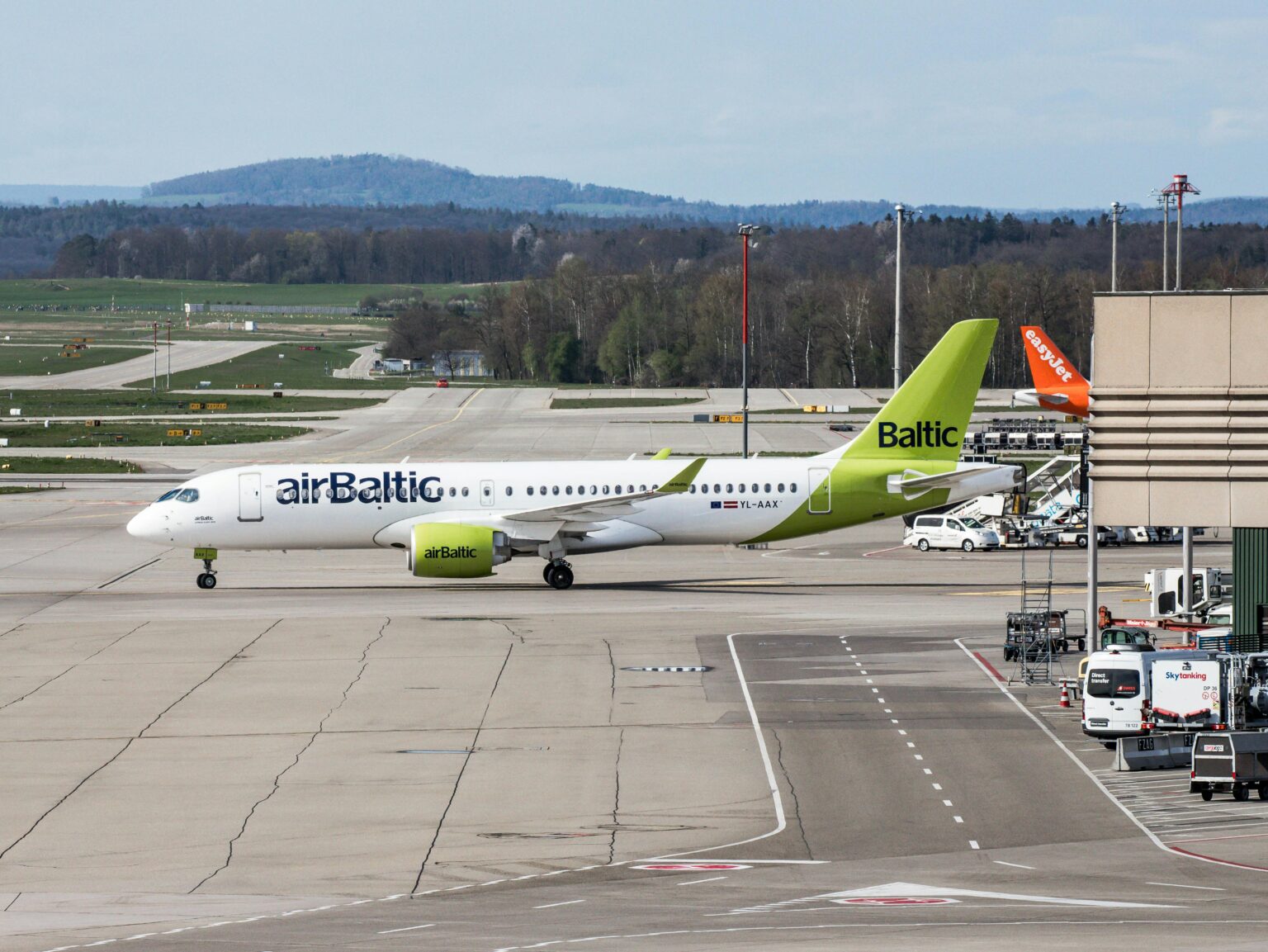The recent announcement of Lufthansa’s acquisition of a 10% stake in Latvia’s national airline, airBaltic, has raised questions regarding the need for regulatory approval from the Latvian Competition Council (LCC).
While the transaction is being reviewed by Germany’s Federal Cartel Office, the LCC has clarified that under Latvian Competition Law, no notification is required for this transaction.
No Change in Decisive Influence
Under Latvian law, a merger transaction must be reported to the LCC if it results in a shift of control, whether through sole or joint decisive influence, and meets specific turnover criteria. However, in this case, the Latvian State will retain sole decisive influence over airBaltic. As a result, the transaction does not trigger merger control requirements in Latvia.
The LCC notes that joint decisive influence arises when two or more entities can block key strategic decisions of a company. Minority shareholders, such as Lufthansa in this case, may gain joint influence if they are granted rights such as veto power over budget approvals, management decisions, or strategic planning. If future developments suggest a shift in control, the transaction may then require notification.
Differences in Merger Control Across EU Member States
Merger control regulations vary between EU countries. In Germany, for example, acquisitions of minority shares may require approval under certain conditions, whereas Latvian law does not include such provisions. Furthermore, the German Federal Cartel Office has the authority to demand merger notifications in specific economic sectors, even when turnover thresholds are not met. This explains why the Lufthansa-airBaltic transaction is being examined in Germany but not in Latvia.
Potential Competitive Implications
From a competition perspective, the Lufthansa-airBaltic transaction presents both opportunities and risks. Potential benefits include enhanced flight connectivity between airBaltic and Lufthansa’s network (which includes Swiss International Air Lines, Austrian Airlines, and Brussels Airlines) and increased financial stability for airBaltic. Lufthansa’s expertise could also contribute to cost reductions and improved competitiveness for airBaltic.
However, the LCC has highlighted potential competition risks. Lufthansa’s minority stake in airBaltic could reduce incentives for aggressive competition, particularly on overlapping routes. This may result in higher ticket prices, fewer flight options, or other adverse effects for consumers. Additionally, Lufthansa’s partial ownership could grant it access to commercially sensitive information about airBaltic, such as pricing strategies and future investment plans, which could distort competition.
Ongoing Monitoring by the LCC
The LCC has stated that the overall impact of the transaction will depend on Lufthansa’s level of involvement in airBaltic’s strategic decisions, their future cooperation, and market reactions. While no notification is required in Latvia at this stage, the CC will continue monitoring developments and provide support to the German Federal Cartel Office as needed.
